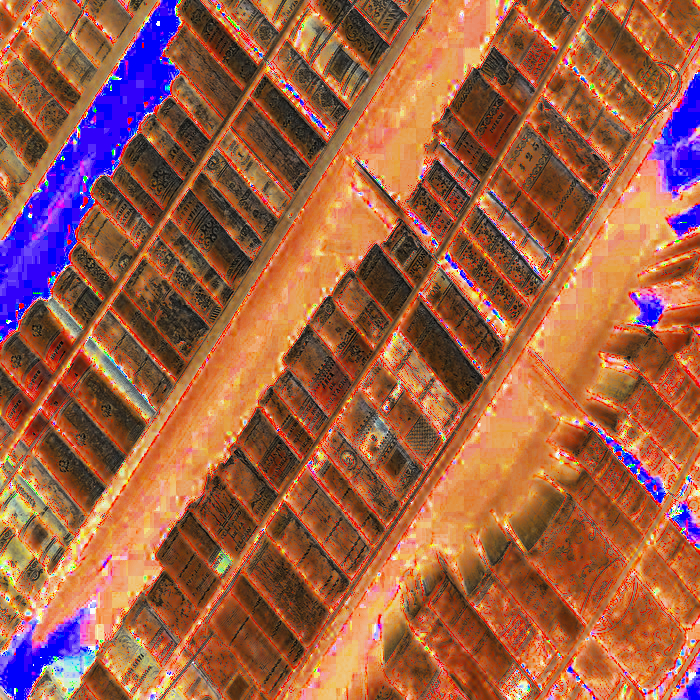terminal 0
unfinished

NEFX - Afribehomentord.txt ? Such means are so limited that they cannot but have a predominant aspect of themselves in the results they appear to yield, and the immediate is seen through the prism of this myopia while appearing to be of the ultimate for the fact that the ultimate entails the immediate and, with it, the universal principle underlying it and according systematic means of perceiving it truly. ? For paradoxically, the more mortal, unrigorous, instrumental means of at least attempting to perceive the ultimate are confined to the immediate, and generally along lines of, say, Chronos time instead of Kairos, myopia instead of broader systematic view. ? One of the key remaining dilemmas, then, is how then to perceive the truth that dwells among us in a way that is of it rather than of any means that are, however subconciously, prismed through the various conditioning forces acting upon us, and which (in part by dint of that) affect the conditions through which we could perceive the ultimate by acting upon those conditions. ? By recognizing this we may avoid any such tedious trifle then about pursuit of understanding. ? That is, by recognizing this we do not merely return to a begnning state of emptiness from whcih understanding is to arise, but do by systematic means both rise above it and cut at the root any potentially budding instrumental attempt at understanding the ultimate. ? This would, it seems, ironically include comprehension of the nature of these more instrumental means, not least of all so that we can thereby identify what would be a false answer concerning a question of the ultimate by its accordance to the answer's nature being that of such instrumental means. ? Therefore, a system must at least theoretically be conceived of that transcends these general instrumental means of perceiving the ultimate. ? Moreover, the same constant flux and increasement thereof by engaging and modifying the absolute applies as well to knowledge both in its attainment and (theoretically) the investigation and eventual full understanding of its nature, especially if it is not so much a tool for getting at the absolute as it is a thing passively received like light and therefore received and seen through the prism of the absolute that gives it. ? Further still it can be considered that the mere constant universal flux defies full investigation and understanding of it in any one moment, let alone how such efforts itself further alter reality; and this is exacerbated by the seeming dilemma that neither the absolute which contains knowledge nor the knowledge that is (at least theoretically) a means to attaining to the absolute can be understood without understanding the other. ? One could easily infer from this that the enterprise is doomed because it is given to the limits and vagaries of mortal thought in the face of all the infinite and inscrutable detail of total reality. ? Given this one may concern themselves with the general hierarchy of knowledges in terms of how well they each assist in attaining that of the absolute, and it may appear as though one could by a system of induction and inference work back from the concrete details to the core universal principles underlying them; but this in the first place requires an understanding of its true nature and boundaries if it is to serve indeed as a proper foundation for attaining to the absolute. ? The paradox of the discipline concerning the absolute truth is that in order for it to be known one must to a degree also know what it is to know, which knowledge is due in large part to the universal itself that contains it but is also means by which to understand the absolute.
